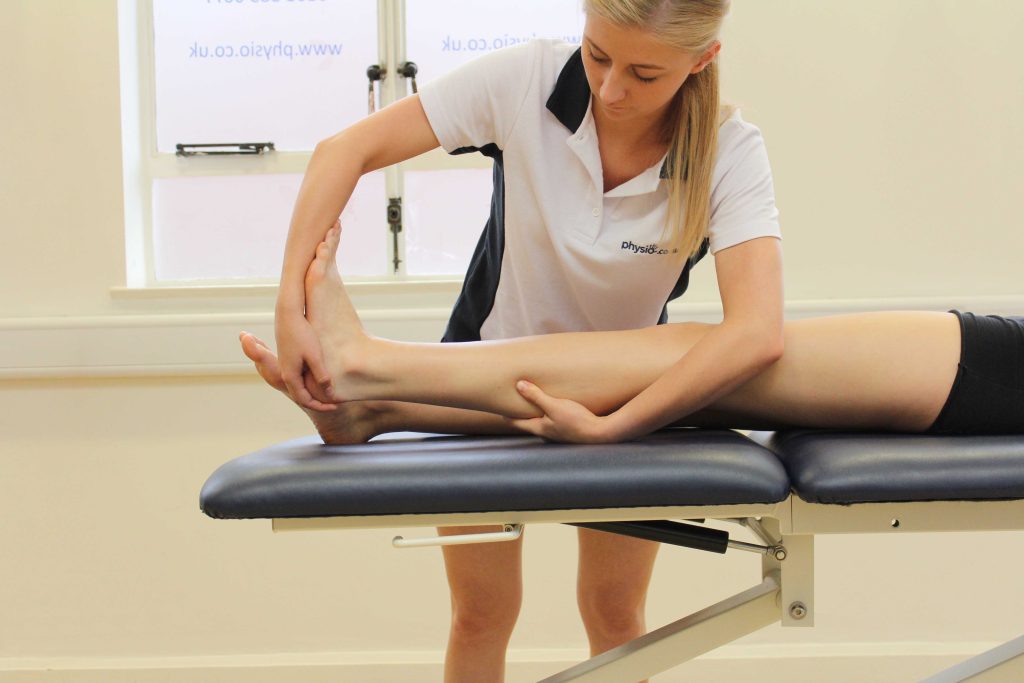Understanding the Role of Physiotherapy
Physiotherapy is a healthcare profession dedicated to the assessment, diagnosis, and treatment of physical impairments, disabilities, and pain. It employs evidence-based techniques to enhance and restore functional movement, ensuring patients achieve optimal physical health.
Techniques Used in Physiotherapy
Physiotherapists use a variety of modalities such as manual therapy, exercise prescription and electrotherapy to address musculoskeletal, neurological and cardiopulmonary conditions. These interventions are tailored to meet individual needs, promote recovery and prevent further injury.
Benefits of Physiotherapy
The benefits of physiotherapy are countless. It can relieve pain, increase mobility and improve physical performance. For example, after orthopedic surgery, physiotherapy is crucial for regaining strength and function in the affected limb. It also helps manage chronic conditions such as arthritis by reducing stiffness and maintaining joint flexibility.
Importance of Early Intervention
Early intervention in physiotherapy can prevent minor problems from becoming serious. Identifying and addressing symptoms early can shorten recovery time and improve outcomes. Regular physiotherapy sessions are particularly beneficial for athletes and people with physically demanding jobs.
Role in
Chronic Disease Management
Physiotherapy plays a vital role in the management of chronic diseases. For example, in patients with chronic obstructive pulmonary disease (COPD), physiotherapy can improve breathing techniques and increase exercise tolerance. Similarly, for diabetics, it helps maintain an active lifestyle, which is essential for blood sugar control.
Collaboration with other Health Professionals
Physiotherapists often work in close collaboration with other healthcare providers to provide comprehensive care. This multidisciplinary approach is particularly important in rehabilitation settings where coordination between physiotherapists, physicians and occupational therapists can significantly improve patient outcomes.
Advances in Physiotherapy
Recent advances in physiotherapy include the integration of technologies such as virtual reality and robotics. These innovations offer new ways to involve patients in rehabilitation processes, making therapy more effective and enjoyable.




Patient Education
and Empowerment
Educating patients about their condition and involving them in the treatment plan is a fundamental aspect of physiotherapy. Understanding the importance of exercises and lifestyle changes empowers patients to take an active role in their recovery, leading to better adherence and outcomes.
Preventive
Care
Physiotherapy is not only about treatment, but also about prevention. Regular physiotherapy can help identify potential problems before they become significant issues. For example, ergonomic assessments in workplaces can prevent repetitive strain injuries among workers.
Blog
Is Dry Needling the Right Treatment Choice for You?
Muscle pain often feels stubborn and personal. Some days it fades with movement. Other days it lingers despite good intentions. Many people hear about dry needling from friends or therapists.[…]
Read moreStrategies for Reducing Inflammation Through Movement
Regular movement can lower inflammation more effectively than many people expect, because the body responds quickly to consistent physical activity that improves circulation, balances stress hormones, and strengthens resilience against[…]
Read moreThe Science Behind Physiotherapy Techniques
Physiotherapy techniques rely on biological principles that explain how tissues adapt, heal, and respond to targeted movement, and this scientific foundation helps therapists choose methods that improve mobility, reduce pain,[…]
Read moreHow Physiotherapists Help With Fall Prevention
Physiotherapists study how balance, strength, and coordination interact because these elements determine how safely a person moves throughout the day. According to our editor’s research, specialists often begin by observing[…]
Read morePhysiotherapy for Children With Developmental Delays
Have you ever watched a toddler struggle with stairs and wondered why progress stalls? Many children meet milestones at different speeds without any lasting concern. Some children need skilled help[…]
Read moreHow Regular Physiotherapy Helps With Arthritis Pain
The experience of living with arthritis is frequently defined by a persistent, debilitating cycle of pain, stiffness, and the gradual erosion of functional independence, all of which progressively narrow the[…]
Read morePhysiotherapy for Knee Pain and Faster Recovery Tips
The experience of persistent knee pain, whether stemming from degenerative wear, traumatic injury, or mechanical dysfunction, often marks a significant disruption in an individual’s mobility and overall quality of life.[…]
Read moreEffective Ways to Treat Sciatica Pain With Physiotherapy
The experience of sciatic nerve pain, that distinct, radiating discomfort that begins in the lower back and extends down the leg, is fundamentally disruptive, far exceeding the typical inconvenience of[…]
Read moreHow to Improve Balance With Physical Therapy
Balance is far more than just the simple act of staying upright; it’s a complex, integrated system involving the brain, inner ear, eyes, and proprioceptors in the muscles and joints.[…]
Read more








